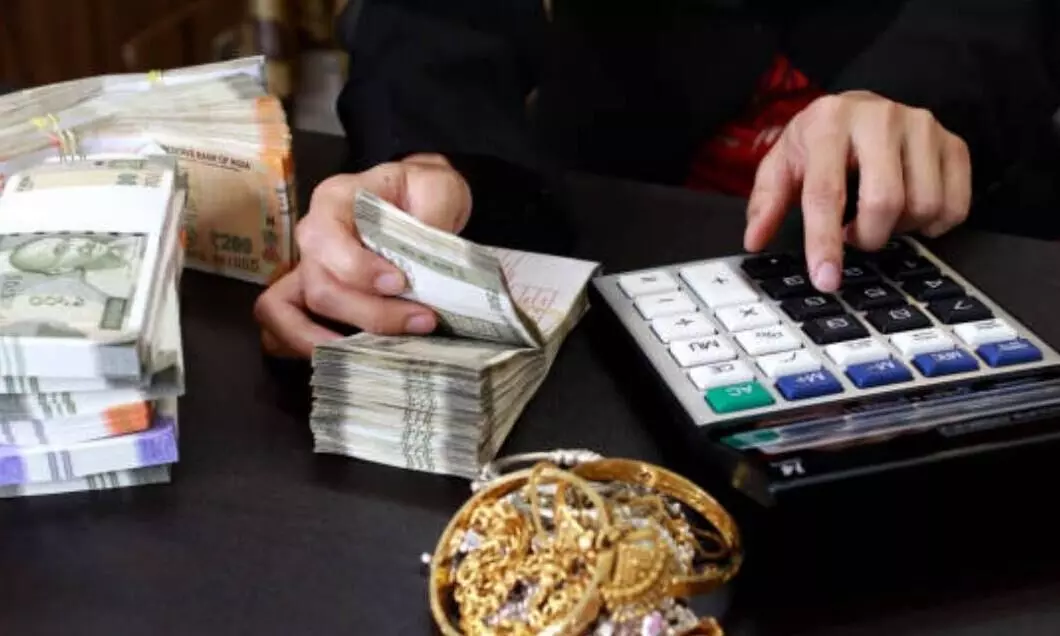
EMIs, cost of living likely to go up with RBI's policy rate increase
text_fieldsMumbai: The high inflation has forced the Reserve Bank of India to raise the key repo rate by 40 basis points to 4.40 per cent for the first time in four years. The cash reserve ratio (CRR) has also been increased by 50 basis points to 4.50 per cent with the intention of lowering the inflationary pressure caused by the impact of geopolitical tensions.
The decision to increase the key policy rate was taken at an unscheduled meeting of the Monetary Policy Committee held on May 2-4.
The policy rate rise is meant that the raise of bank interest rates, including the Equated monthly instalments (EMIs) of home, vehicles, personal and corporate loans. Deposit rates, mainly fixed term rates, are also set to rise.
The RBI is of the hope that rate rise could help rein the inflation, which is running now close to 7 per cent, at its desired level.
The repo rate is the rate at which the RBI lends short-term funds to commercial banks. An increase in repo rate means borrowing becomes costlier for banks, and this makes banks judicious in using their funds.
The rate increase will force the banks and NBFCs to proportionately raise the lending and deposit rates, the impact of which will see the cost of living also increasing.
From the 8 per cent level in January 2014, Repo rate had fallen to 4 per cent by May 2020 after the RBI slashed the rates over the years to boost growth – the last cut was by 40 basis points in May 2020 to tackle the negative impact of Covid pandemic.
Announcing the key rate increase, the RBI Governor Shaktikanta Das in a statement said that the move is to stable the economic condition which is under pressure from geopolitical tensions, high crude oil prices and shortage of commodities globally.
Das also cited the collateral risk that if inflation remains elevated at these levels for too long for the economy.





